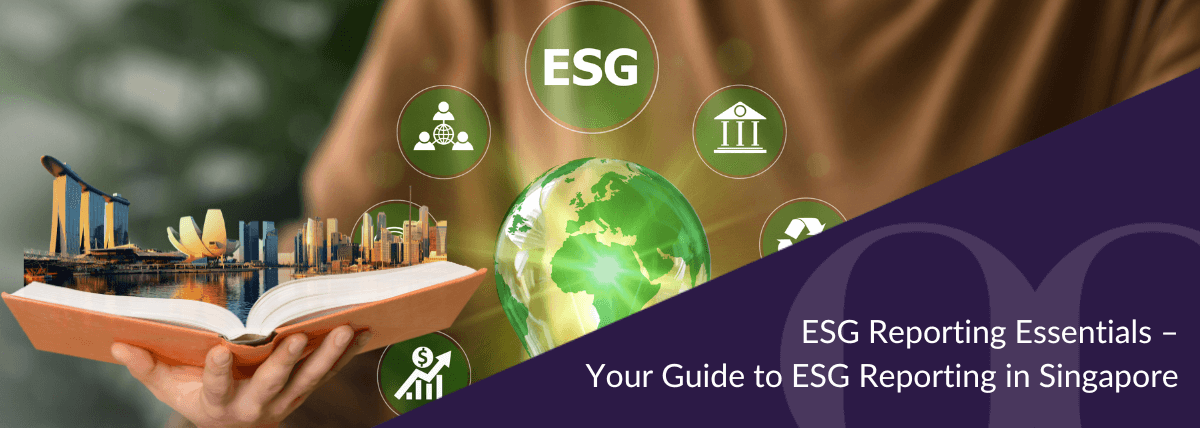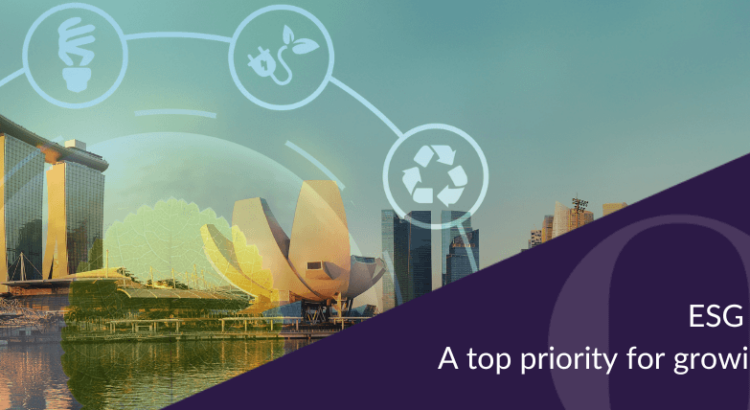Amid economic uncertainty and volatility, businesses face unique challenges that can significantly impact their financial stability and long-term viability. Chief among these is ensuring sufficient levels of available cash, which is why understanding your business’s current and projected cash flow is crucial.
Ahead, Yang Shuzhen, Director of Regional Accounting for BoardRoom Singapore, explores the cash flow forecast and reporting strategies and key finance metrics that can help strengthen your business’s resilience in demanding times.
Why cash flow reporting is vital for business success
The preparation of cash flow reports promotes good financial management in several ways. Importantly, they gauge your business’s ability to generate cash and use available cash to meet its obligations – both of which are necessary for surviving and thriving amid an economic downturn.
“Put simply, if you don’t have enough money available, you cannot pay for expenses,” says Shuzhen.
The proper tracking of cash inflows and outflows is critical, as it enables businesses to:
- gain real-time insights into their financial position;
- create data-driven cash flow forecasts for nimble, informed decision-making and forward planning;
- identify potential cash shortfalls and take proactive measures to address them;
- capture opportunities for investment, expansion or increased remuneration where excess cash reserves are identified; and
- have transparent, trust-building discussions with lenders, investors and suppliers.

The requirements for cash flow forecasts and reporting in Singapore
According to the Singapore Financial Reporting Standards, understanding an entity’s cash flows helps users of financial statements evaluate its cash generation capability, needs, and timing. The objective of this Standard is to require the provision of information about the historical changes in cash through a categorised cash flow statement encompassing operating, investing, and financing activities.
Businesses can assess their cash flow situation via the direct method of reporting, which records actual cash receipts and payments, or the indirect method, which adjusts the net profit or loss for non-cash items.
“They can also monitor cash inflows and outflows in their day-to-day operations to understand their net cash flow and forecast future cash availability,” Shuzhen says.
Companies must report their cash flows under three main categories: operating activities, financing activities and investing activities.
“This allows your finance team and stakeholders to understand cash inflows and outflows for each category and make decisions from there,” Shuzhen explains. “For example, investors can decide whether they want to continue investing, depending on their risk appetite.”

The difference between unlevered free cash flow and levered cash flow
Free cash flow refers to the amount of cash your business has after accounting for its capital expenditures.
It can appear on your balance sheet as either:
- Unlevered free cash flow (UFCF) – This is the amount of money your business has available before meeting its financial obligations (eg. debts, expenses, taxes and interest payments). UFCF shows your gross free cash flow and is an important figure for investment bankers, potential buyers and executive staff.
- Levered free cash flow (LFCF) – This is the amount of money your business retains after meeting recurring short- and long-term financial obligations. LFCF shows what cash can be put towards investments and building equity and is of interest to bankers, buyers, internal staff and board members.
Using these two metrics in your cash flow reporting can help you manage your finances effectively and tailor your cash flow statements for particular stakeholders. However, many Singaporean businesses prefer to assess their cash flow based on the liquidity of their assets.
Best practice for elevating your cash flow management
To support financial stability and growth in times of economic growth or downturn, consider implementing the following cash flow management practices within your organisation.
Partner with a professional accounting team
Engaging outsourced accounting services can help you improve your cash flow management while ensuring compliance with Singapore’s financial reporting standards.
For example, many businesses perform their bank reconciliation monthly. This can create difficulties for your finance team, who may need to manually check thousands of transactions and investigate missing or incorrect deposits at the end of the month (particularly if your business receives daily deposits).
According to Shuzhen, BoardRoom’s Accounting Services team often recommends that clients do their bank reconciliation weekly instead.
“For businesses who we’re helping to manage vendor payments and track funds coming in from customers, doing bank reconciliation weekly, or even daily, gives them a more regular picture of cash inflow and outflow,” she says. “This is especially the case if they use a POS system, which often results in a timing difference between transactions recorded in the POS system and the bank statements.”
Enhancing your cash flow tracking with strategies like this is just one way that external accounting support can help make your cash flow management easier, faster and more accurate.
If your organisation operates across borders, an international accounting and tax firm can also assist with complex processes such as foreign currency cash flow management.

Enhance your cash flow reporting with professional support
During turbulent times, businesses that prioritise robust cash flow management gain a competitive advantage, enabling them to weather economic storms and emerge stronger in the face of adversity.
As one of the Asia-Pacific region’s most trusted accounting services providers, BoardRoom has the skills, expertise and experience to boost the accuracy and efficiency of your cash flow management – bolstering the operational resilience of your business.
Our professional team possesses deep, up-to-date knowledge of regional accounting regulations and standards to help satisfy your cash flow management and reporting obligations.
Contact us today to discuss how we can help position your company for long-term success.
Contact BoardRoom for more information:
Related Business Insights
-

05 Apr 2024
What Are the Key Benefits of Outsourcing Accounting Services?
Explore the advantages of engaging BoardRoom’s accountancy services, a leading accounting firm offering tailored …
READ MORE -

05 Apr 2024
What Factors Should Businesses Consider When Choosing the Right Accounting Firm?
Explore key factors for choosing the right accounting firm. Partner with BoardRoom for the best financial managemen …
READ MORE -

22 Mar 2024
ESG Reporting Essentials – Your Guide to ESG Reporting in Singapore
Boost transparency and build trust with comprehensive sustainability tracking and ESG reporting solutions. …
READ MORE




































